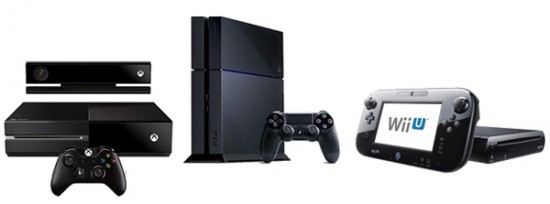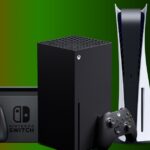Hey, just so you know, some of the links on this site are affiliate links. That means I may earn a small commission if you buy something through them. It doesn’t cost you anything extra, and it helps me keep this site running. Thanks for your support!
While the 9th generation of consoles currently dominates the gaming industry, the 8th generation still holds a significant place in gaming history. Consoles such as the Xbox One, PlayStation 4, and Nintendo Wii U (launched in 2012) served as a bridge between the old and the new, showcasing remarkable advancements in graphics, power, and online capabilities when compared to their predecessors. With these established consoles still flourishing, let’s delve into the thrilling world of emulating their performance on a PC – a perfect balance between affordability and high-end gaming.
In today’s world of gaming, there are two main options for those looking to dive into the digital world of entertainment: console gaming and gaming PC. With the release of 8th generation consoles such as the Xbox One, PlayStation 4, and Nintendo Wii U, the gaming industry has seen a rise in popularity and competition between these consoles and their PC alternatives. Both offer unique features and experiences, but which one is the right choice for you? In this blog post, we’ll dive into the world of console gaming versus PC gaming and help you decide which 8th generation option is the best fit for your gaming preferences.
The Major Players of the 8th Generation
The 8th generation of gaming has brought forward some real heavyweights in the form of Xbox One, PlayStation 4, and Nintendo Wii U. Each of these gaming consoles has carved out a distinctive niche, appealing to specific gamer types with their unique offerings. Xbox One, with its robust online service and impressive multimedia capabilities, caters to those who like their gaming coupled with entertainment. PlayStation 4, boasting superior hardware and a gamer-centric approach, draws in those who appreciate high-quality graphics and immersive storytelling. The Nintendo Wii U, with its innovative gameplay and family-friendly titles, attracts those who crave a more casual, social gaming experience.
But the gaming landscape isn’t solely dominated by these consoles. Enter PC gaming, which has leveled up significantly during this period, becoming a force to reckon with. Spearheaded by powerhouse components like NVIDIA graphics cards, PCs have become a tantalizing alternative to traditional console gaming. Offering unrivaled customization options, a vast array of games, and stunning graphical performance, PC gaming has truly made its mark in this 8th generation showdown.
So whether you’re team console or team PC, there’s no denying the formidable players of the 8th generation gaming. Each brings something different to the table, presenting a varied and thrilling gaming landscape for enthusiasts to explore. But which of these will prove to be the right fit for you? Well, that’s a quest worth embarking on!
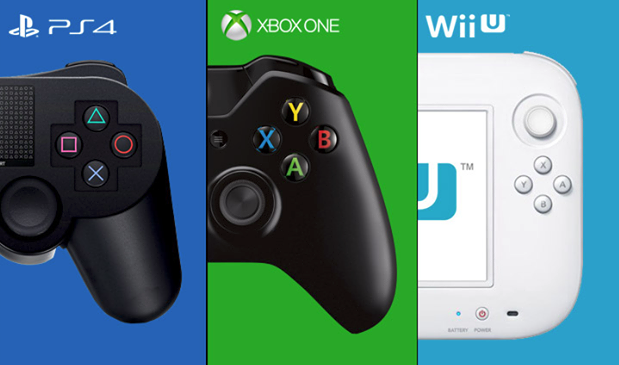
Advantages of Gaming Consoles
For those who value convenience and simplicity, gaming consoles have a lot to offer. With a console, you’re ready to jump straight into the action right out of the box. There’s no need to fuss over hardware compatibility or fiddle with system requirements; it’s a smooth, plug-and-play experience designed to get you gaming as quickly as possible.
Then there’s the allure of exclusive titles. Games like Halo on Xbox One and Uncharted on PlayStation 4 are tied to their respective consoles, giving you compelling reasons to choose one console over another. The experience of playing these console-specific titles can’t be replicated on any other platform, making them a big draw for gaming enthusiasts.
Lastly, when it comes to social gaming, consoles have the edge. With features such as couch multiplayer and superior split-screen options, consoles provide a communal gaming experience that PCs often struggle to match. Whether it’s a friendly competition on Mario Kart or a cooperative quest on a role-playing game, consoles make it easy for you to share the fun with friends and family. That’s the beauty of console gaming – it brings people together in a way that few other platforms can.
So, if you’re someone who cherishes simplicity, craves exclusive titles, and enjoys social gaming experiences, gaming consoles could be the perfect fit for your gaming needs. They offer a gaming experience that’s as engaging as it is diverse, catering to all kinds of gamers and gaming preferences. It’s the simplicity and community feel of console gaming that sets it apart, making it a strong contender in the 8th generation gaming arena.
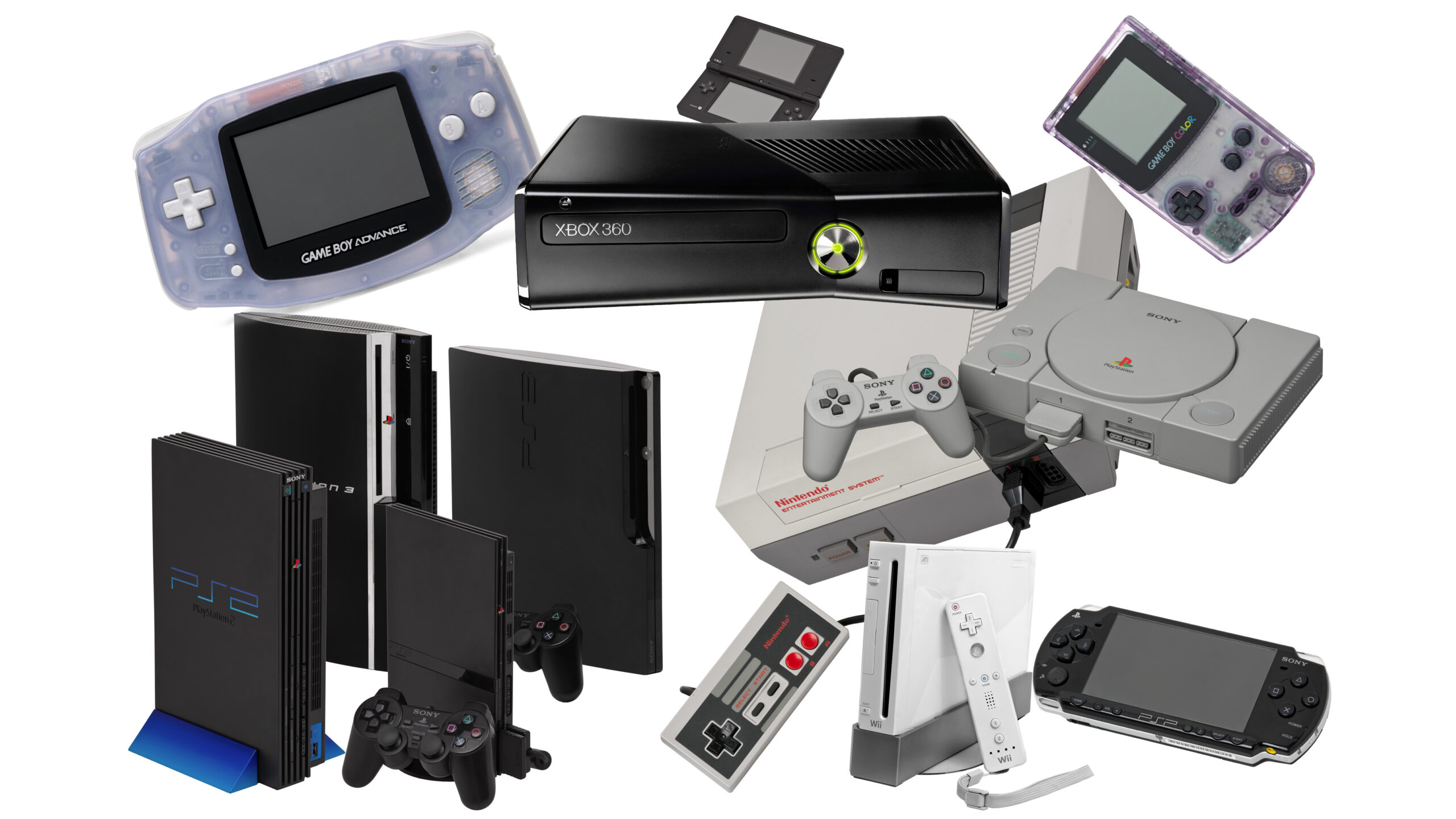
Disadvantages of Gaming Consoles
Despite the perks that make console gaming appealing, it’s not without its share of challenges. One of the most significant is the limitation in flexibility. Unlike their PC counterparts, gaming consoles aren’t designed for hardware modifications or upgrades. This can make the console feel outdated as technology advances, and potentially shorten the lifespan of your gaming experience.
Another downside to consider is the game library. While consoles boast a selection of exclusive titles, they often fall short when it comes to the sheer number of games, particularly in the indie and MMO categories, that PCs offer. The PC gaming ecosystem is a treasure trove of unique and innovative games, a fact that becomes increasingly apparent when comparing it to the relatively narrower scope of console game offerings.
Finally, there’s the cost factor. Console games, especially new releases, generally come with a higher price tag compared to their PC versions. This is particularly noticeable if you’re a gamer who likes to stay up-to-date with the latest titles. Moreover, the reliance on physical discs in many consoles can be a bit of a hassle. It requires physical storage space, and switching between games can disrupt the gaming flow.
In short, while consoles are a fantastic option for many, they do come with their own set of drawbacks. These can include lack of flexibility and upgradeability, a smaller game library compared to PC, and higher game costs. Additionally, the reliance on physical discs may also be seen as a disadvantage by some gamers.
Advantages of PC Gaming
PC gaming is a playground for those who crave control over their gaming experience. The customizability it offers is unparalleled. Want to rev up your gaming rig? You can switch out individual components such as graphics cards, processors, or memory at your own pace, keeping your system up-to-speed with the latest technological advances. It’s the gaming equivalent of having a supercar that you can fine-tune to your heart’s content.
But it’s not just the hardware that’s flexible. The PC game library is akin to an infinite universe, teeming with diverse gaming options. From blockbuster hits to inventive indie creations, there’s a game for every type of gamer. Plus, with the option of mods, you can reshape your gaming reality, extending the replayability of your favorite titles.
When it comes to visual performance, PCs often leave consoles in the dust. With top-tier components like NVIDIA graphics cards, PCs can deliver stunning graphics that heighten the immersion, making you feel like you’re truly part of the virtual world you’re exploring. From the lifelike water reflections in a racing game to the detailed character textures in an RPG, the graphical prowess of a well-equipped PC can elevate your gaming experience to new heights.
So, if you’re the type of gamer who cherishes the freedom to tweak and enhance your system, who thrives on variety and loves diving into the world of mods, and who appreciates the breathtaking beauty that superior graphics can offer, then PC gaming might just be your gaming utopia. This kind of adaptability, extensive game range, and outstanding visual performance are what truly set PC gaming apart in the 8th generation.
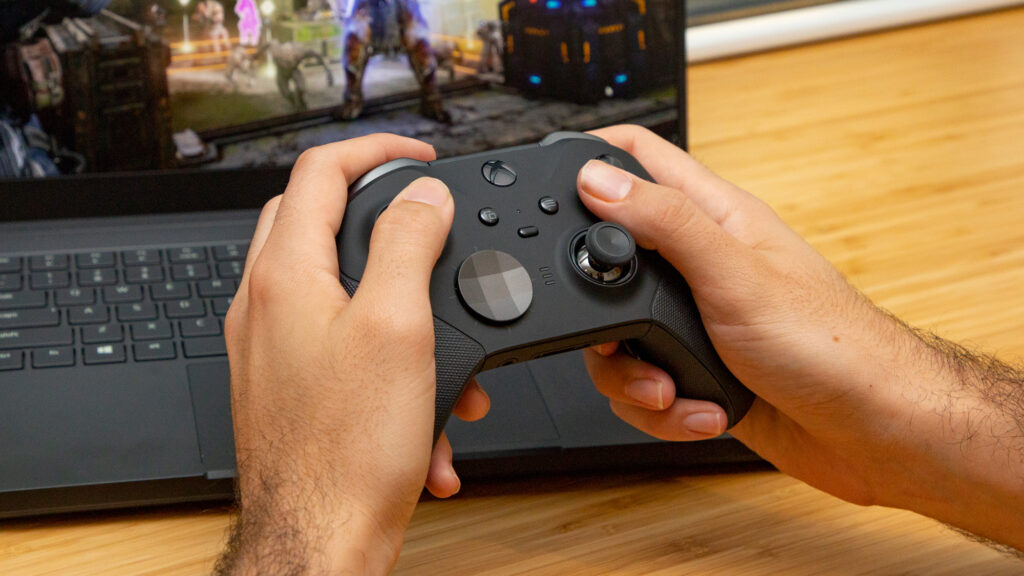
Disadvantages of PC Gaming
PC gaming is not a walk in the park; it has its fair share of challenges. For starters, constructing a high-end gaming rig can put a significant dent in your wallet. Top-tier components come with premium price tags, making PC gaming potentially costlier than its console counterparts. Additionally, the maze of system requirements and compatibility issues can be daunting. Ensuring that all your components and games will work harmoniously together can be a complex task that requires a good deal of technical know-how. And while the world of mods offers infinite possibilities to reshape your gaming reality, it can also introduce new layers of complexity. Installing and managing mods often demands a level of technical expertise that can leave casual gamers feeling overwhelmed. Finally, PC gaming lacks the plug-and-play convenience of consoles. Troubleshooting software glitches, updating drivers, optimizing settings – these tasks can eat into your gaming time, turning what should be an exciting adventure into a demanding chore. In short, while PC gaming offers unparalleled customization and variety, it can also be a complex, high-maintenance, and potentially pricier choice.
What to Consider When Choosing Between Console Gaming and PC Gaming
The deciding factors in the console vs. PC gaming showdown often boil down to personal preferences. Are you drawn to the easy set-up and rich social experiences that consoles bring to the table? Do you have a soft spot for console exclusives that simply can’t be found anywhere else? If so, a gaming console could be your match made in gaming heaven. On the flip side, if the lure of unparalleled customization, stunning graphics, and an infinite game library excites you, PC gaming might be your ticket to gaming nirvana. Remember to consider the potential drawbacks of each platform as well. The longevity limitations of a console, the potentially higher costs of a gaming PC, and the technical know-how required for PC gaming are all aspects to weigh in your decision. Ultimately, your choice should reflect your gaming style, preferences, and the investment you’re willing to make. It’s your gaming journey – choose the path that will bring you the most joy.
Making Your Decision
As you stand at the crossroads of console gaming and PC gaming, remember that the decision is deeply personal and hinges on your gaming style and preferences. Do you thrive on the social, communal nature of console gaming and crave the exclusivity of titles like Halo or Uncharted? Or are you captivated by the endless customizability of a gaming PC, complete with stunning graphics and a game library that spans across genres? The titans of the 8th generation gaming – Xbox One, PlayStation 4, and Nintendo Wii U – each have unique offerings that cater to different gamer sensibilities. Similarly, a powerful NVIDIA-equipped gaming PC provides a robust alternative for those who crave control and variety. Each platform has its strengths and challenges, from the plug-and-play convenience of consoles to the raw power and flexibility of a PC. But it all comes down to what speaks to you and your gaming style the most. And remember, gaming isn’t just about the technology or the graphics, but about the joy, excitement, and the thrill of the journey. So, choose the platform that makes your gaming heart race, that fuels your sense of adventure, and above all, that makes you happy. After all, gaming is all about the experience and the joy it brings, and there’s a perfect gaming platform waiting to deliver just that for you.
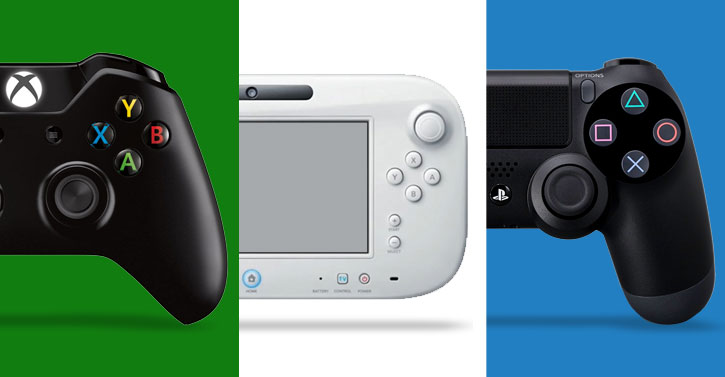
Xbox One and PlayStation 4 Gaming PC’s
These gaming consoles were known for their powerful performance, targeting a resolution of 1080p at 30fps. Some games even boasted higher frame rates of 60fps or more. If you’re looking for a PC that can match their capabilities, here are some options to consider:
Pre-built PCs
- Mid-range: Dell Inspiron Gaming Desktop (Intel Core i5-10400, 8GB RAM, GTX 1660 Ti 6GB) – Priced around $700-$800.
- Budget-friendly: HP Pavilion Gaming Desktop (AMD Ryzen 3 3300X, 8GB RAM, RX 550 4GB) – Priced around $500-$600.
DIY PC
If you prefer to build your own PC, you can go for the following components:
- Processor: Ryzen 5 3600
- RAM: 8GB
- Graphics card: GTX 1660 Ti
This DIY PC setup will cost you approximately $600-$700.
Nintendo Wii U Gaming PC’s
The Nintendo Wii U, known for its unique GamePad controller, offered innovative experiences and supported 720p at 30fps, with some games even reaching 1080p. If you’re looking for budget-friendly PC options that match its performance, here are a few suggestions:
Pre-built Options
- Lenovo ThinkCentre M93P: This option features an Intel Core i5-4570 processor, 8GB of RAM, and a GTX 750 Ti 2GB graphics card. It typically costs around $300-$400.
- Acer Aspire XC: With an Intel Core i3-4150 processor, 4GB of RAM, and a GTX 750 1GB graphics card, this pre-built PC is priced at approximately $250-$350.
DIY PC
If you prefer to build your own PC, you can consider the following components:
- Processor: Intel Core i3-3220
- RAM: 4GB
- Graphics Card: Used GTX 750 Ti
This DIY option will cost you approximately $200-$300.
Remember, these options are designed to provide a similar performance level to the Nintendo Wii U while being more budget-friendly.
Whether you choose console or PC, the 8th generation provides a wealth of gaming experiences. Take into account your budget, technical skills, and gaming preferences to make the optimal choice. Immerse yourself in classic Xbox One and PlayStation 4 titles, or rediscover the distinctive world of the Wii U
NVIDIA and Radeon graphics cards equivalent to the performance of 8th gen consoles
| **Console | Targeted Resolution/Framerate | Equivalent GPUs (New/Used)** |
| Xbox One & PlayStation 4 | 1080p 30fps (some games 60fps/higher resolutions) | NVIDIA GeForce GTX 1660 Ti (new: $300-$350, used: $200-$250) |
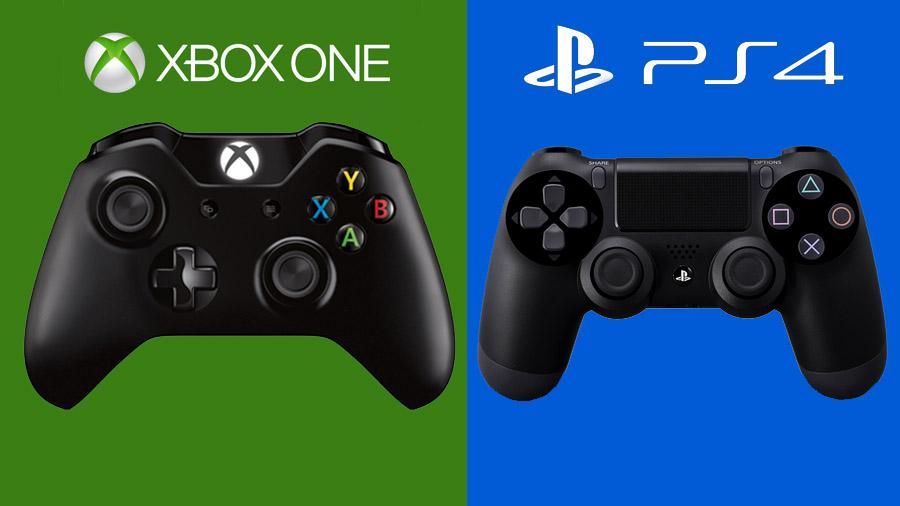 | 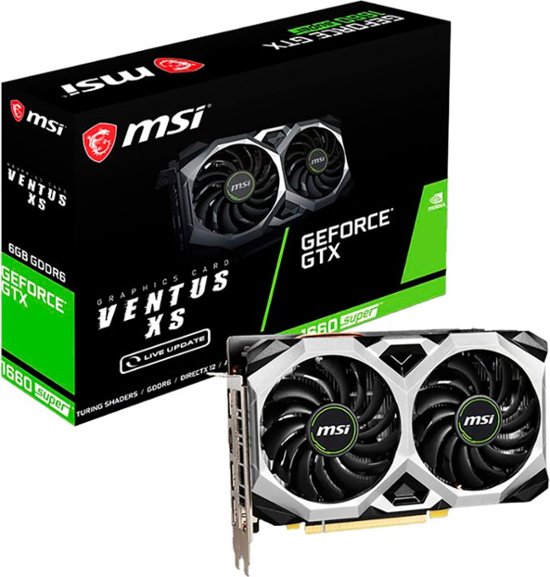 | |
| Nintendo Wii U | 720p 30fps (some games 1080p) | NVIDIA GeForce GTX 750 Ti (new: $100-$150, used: $50-$100) |
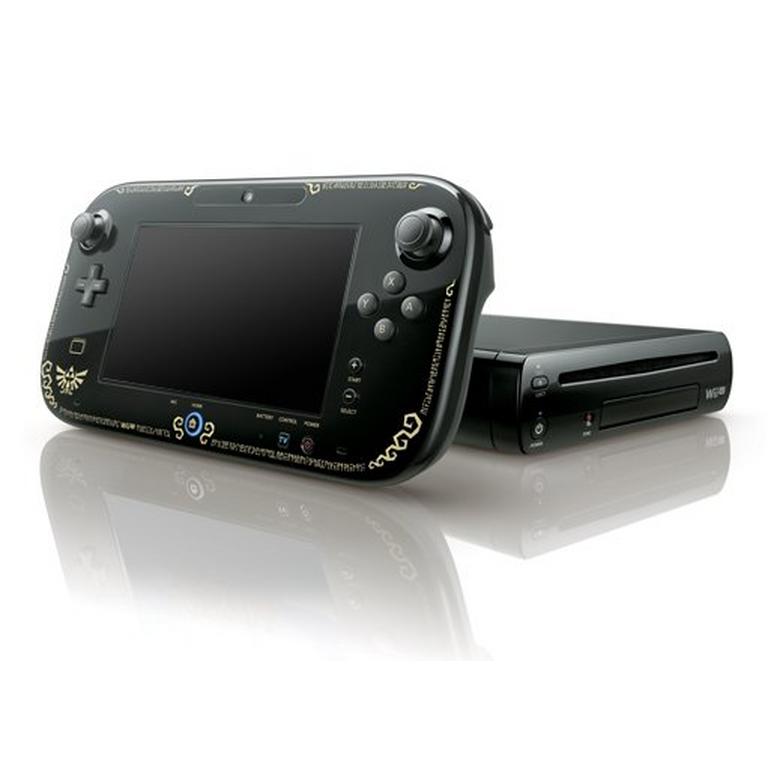 | 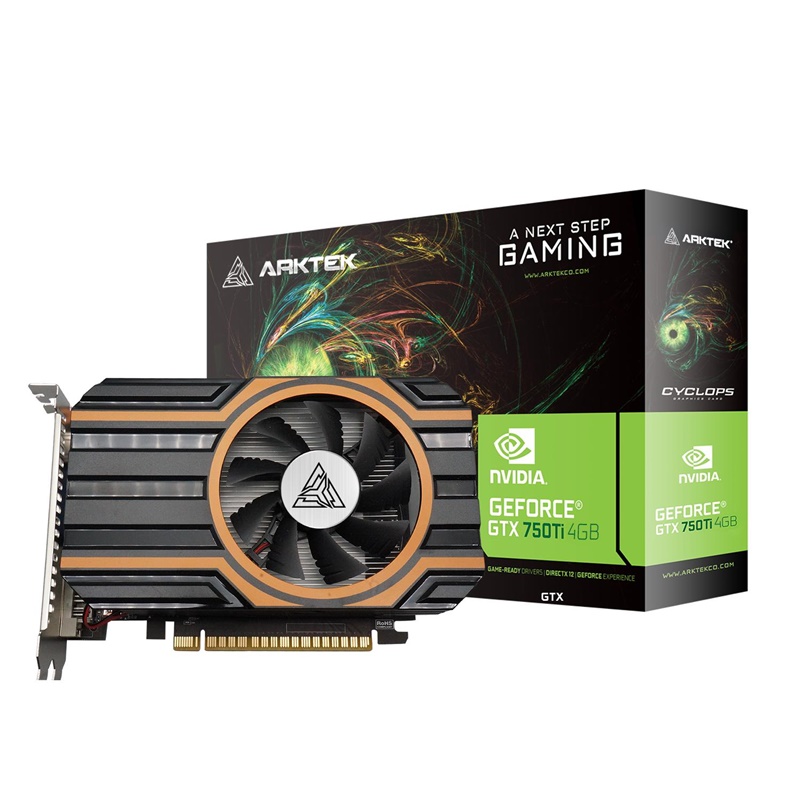 |
PC vs Game Consoles: Most Asked Questions
Can I customize and upgrade my gaming setup?
PCs offer more customization and upgrade options compared to game consoles. With a PC, you can choose specific hardware components, customize the software, and upgrade parts as technology advances. On the other hand, game consoles have limited customization options and typically only allow for software updates.
Is one platform easier to use than the other?
Game consoles are generally more user-friendly, with a simple setup and interface. They are designed specifically for gaming and often offer a more plug-and-play experience. PCs, on the other hand, require more technical know-how and can be more complex to set up and use.
Which platform offers better graphics?
PCs have the potential for better graphics compared to game consoles. With the ability to upgrade graphics cards and other components, PCs can deliver stunning visuals and support higher resolutions and frame rates. However, game consoles have optimized hardware and software, resulting in impressive graphics without the need for upgrades.
How does gameplay differ between game consoles and PCs?
Gameplay can vary between platforms, but both game consoles and PCs offer immersive experiences. Game consoles often have exclusive game features or motion controls that enhance gameplay, while PCs offer more precise control and customization options. The choice ultimately depends on personal preference and the types of games you enjoy.
Which platform offers a better overall gaming experience?
The overall gaming experience depends on individual preferences. Game consoles offer a more simplified and user-friendly experience, while PCs provide more customization options and potential for higher performance. Consider your gaming preferences, budget, and technical knowledge when deciding which platform will offer the best experience for you.
The eighth generation of game consoles marked a significant milestone in the gaming industry. With the release of the Xbox One, PlayStation 4, and Nintendo Wii U, gamers were presented with new and exciting options for their gaming experience. Each console brought unique features, capabilities, and gaming libraries. In this comprehensive comparison, we will delve into the specifications, gaming performance, and overall user experience of these three consoles. Additionally, we will explore how they stack up against PC gaming setups, comparing their specs with NVIDIA and Radeon graphics cards. Let’s dive in and find out which game console reigns supreme!


